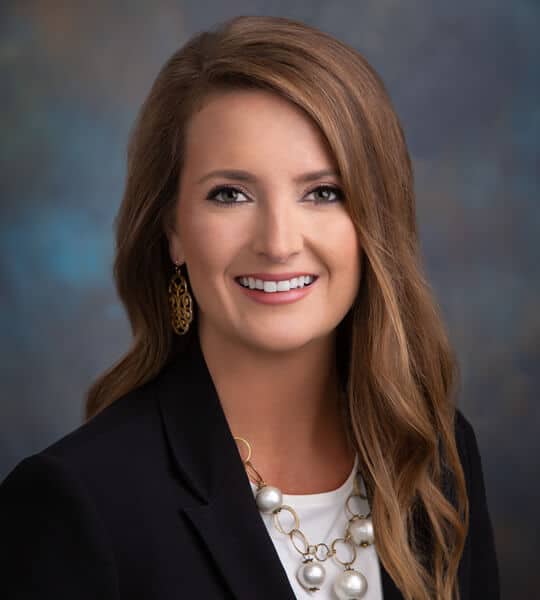Filing for bankruptcy can be a fresh start if the correct lessons are learned and necessary adjustments are made. Establishing and maintaining a household budget is a great way to get started down the path to financial freedom after bankruptcy. A key part of establishing a budget is to be honest with yourself about what your needs truly are and what you truly need to spend per month. For many, creating a budget may seem overwhelming, but with a little forethought, creating a budget doesn’t have to be as hard as it may seem. Basic necessities such as food, housing, utilities and transportation should be evaluated and listed. Below are a few helpful tips to create a workable budget and stick to it.
How to Create a Budget after Filing Bankruptcy
1. Document your income
The first step to creating a budget is to figure out your income. To assist in this process, you may want to make a list of each income source. These sources may include, but not limited to:
- Salary
- Self-Employment (i.e. side jobs)
- Tax Refund
- Investments
Once you have a monthly figure, make sure that this number is based on your “after-tax” figure or your “bring home” amount. If there are variables in your income, review your statements from the previous three months and use the lowest number. Preparing for a smaller budget makes for pleasant surprises in the event of a greater income.
2. Calculate your expenses
Some of the expenses that you may have accumulated prior to filing for bankruptcy may have been resolved. However, there are still fixed and variable expenses that will need to be accounted for. Make a list of all of your monthly expenses. This will be a list of all of your expenditures. Start first with a list of your fixed expenses.
- Mortgage or Rent
- Transportation (i.e. Car payment)
- Utilities (i.e. electricity, water)
- Loans (i.e. bank loans, student loans)
- Credit Cards
- Insurance (i.e. life insurance, health insurance)
- Taxes
You will also need to make a list of variable expenses. These are the expenses you have that will fluctuate each month. In order to truly determine what your household is spending on miscellaneous purchases, each adult should keep a spending diary for at least one to two months. This will help to obtain an average of what each adult is spending each month. Expenses that may be found in the variable category are:
- Food. Create one list that is designated to food purchased at the grocery store and another list that only includes food which is purchased while dining out. This will allow you a better glimpse of areas that you may be able to cut for future reference.
- Auto maintenance. Keep a journal of how much gas you put into your car each month as well as how often your car requires servicing. This list will include car washes as well.
- Medical and Dental. Often times, you may be in the process of paying off existing medical or dental bills. In this case, keep a record of how much you designate to pay these bills each month.
- Clothing. Include even the smallest purchases within this list.
- Entertainment can include a variety of activities. Be sure to include activities for your children in this list.
- Gifts
- Miscellaneous
3. Determine your priorities
As with anything in life, a budget is all about its priorities. Some people would rather live in a nicer apartment or house and go out to eat less. Others might prefer to have a nicer car and live in a smaller home. Whatever your priorities may be, be as honest with yourself as you possibly can. Setting your priorities will allow you to evaluate where you want to spend more and where you can make cuts to your budget.
4. Set goals and limits
After you have calculated all of your totals, subtract your fixed and variable expenses from your total income. What is your bottom line? Do you have enough left over at the end of each month to start a savings or pay off outstanding debt that your bankruptcy did not influence? Is it less than you expected? If you find that your bottom line is less than what you need it to be, you will need to revisit your monthly expenses and begin re prioritizing your expenditures.
5. Make adjustments
Life after bankruptcy will be different and adjustments will need to be made to your budget as well as your lifestyle. Begin cutting your monthly expenses with your variable expenditures first. Here are a few suggestions that may help when trying to trim the fat out of your budget:
- Lower your housing expenses by refinancing or moving to a home that’s more affordable.
- Call your insurance company and ask for a better rate.
- Find out if you’re overpaying in taxes and adjust your withholding so your take home pay is greater.
- Contact your utility companies and find out if you can negotiate your rates.
- Switch to a less expensive cell phone plan.
- Make a meal plan, cook from scratch, use coupons and eat out less.
- Shop for clothing at consignment stores, thrift shop and yard sales.
6. Stick to it
Once you have created your budget, stick to it! Sacrifices will likely have to be made, but with a little effort, you will be well on your way to financial freedom after bankruptcy. One of the most important things to remember when facing bankruptcy, is that you can recover from a bankruptcy filing – both financially and emotionally. Please keep in mind that these tips are only meant to help your financial situation, and you are the only one who can put your finances on the right track after a bankruptcy filing.
The attorneys at Hall and Navarro are passionate about law. We serve Effingham County, Bulloch County, Emanuel County, and surrounding areas. The attorneys at Hall and Navarro provide focused and experienced representation from your initial consultation until the resolution of your legal matter. We offer a broad range of legal services and are dedicated to serving individuals and businesses.
Please consult an attorney for advice about your individual situation. This site and its information is not official legal advice, nor is it intended to be. Feel free to get in touch by e-mail, letters or phone calls. Contacting us does not create an attorney-client relationship. Until an attorney-client relationship is established, please withhold from sending any confidential information to us.


